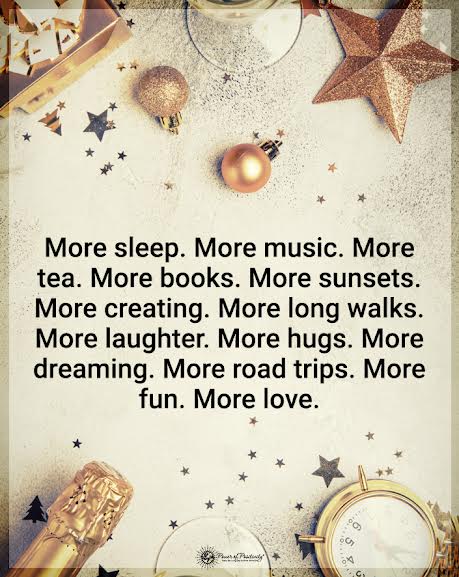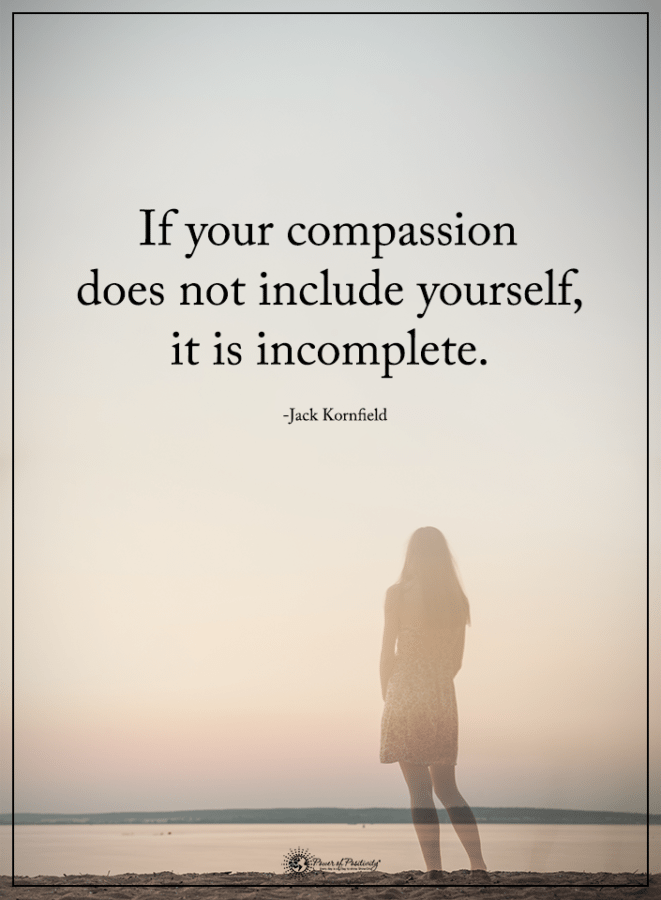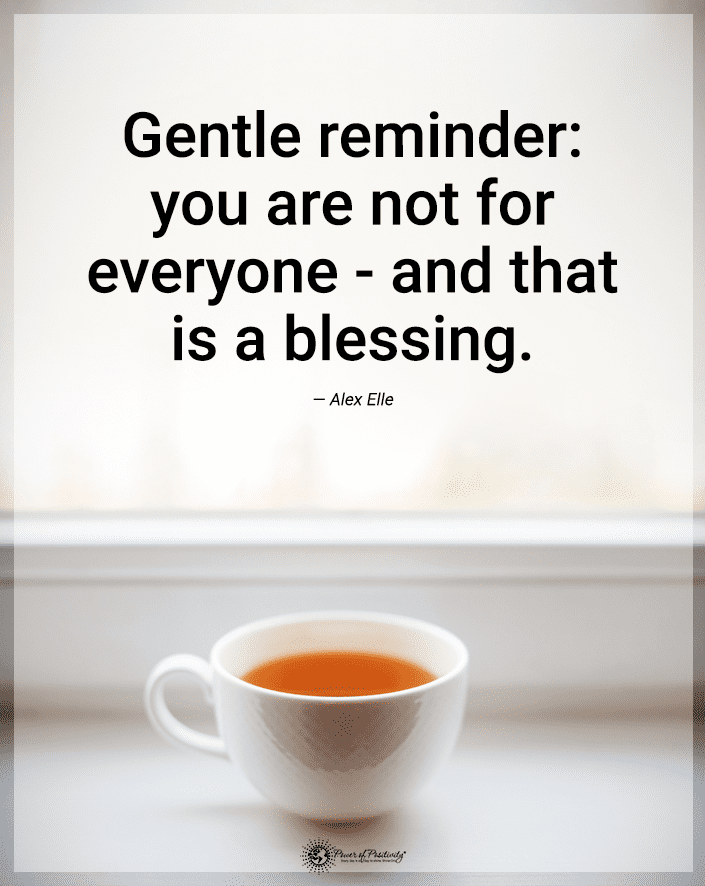“Self-care is never a selfish act – it is simply good stewardship of the only gift I have, the gift I was put on earth to offer others. Anytime we can listen to true self and give the care it requires, we do it not only for ourselves, but for the many others whose lives we touch.” – Parker J. Palmer
By simply being alive, we must take care of ourselves first. This isn’t selfish; it’s an act of survival. If we don’t look after both our basic and more complex needs, who will? We must live with ourselves our entire lives, so we have no choice but to do whatever is necessary to keep ourselves afloat.
However, life is more than just surviving; it’s also about thriving. It’s about taking time for yourself to figure out what you enjoy, and building a life that you can be proud of. Sadly, too many people are living well below their potential, or living for someone else besides themselves.
You deserve to be a little selfish this year and put yourself first for a change. We’ll explain how “selfishness” can benefit your life in more detail below.
HERE’S WHY YOU NEED TO MAKE 2018 YOUR SELFISH YEAR:

20 Self-Care Mantras to Brighten Your Outlook on Life
You’ll learn to become your own best friend.
Out of all the people in our lives, we are often most disconnected and out of touch with ourselves. We spend a lot of time trying to make others happy and tending to their needs, all the while neglecting the person we’re with 24/7: ourselves. Many of us don’t even like ourselves and wish we could jump out of our skin into someone else’s life. We see people’s posts on Facebook or Instagram and compare ourselves to them and their “seemingly” perfect lives. We spend so much time hating ourselves, because we’re our own worst critic.
It’s no surprise that so many people feel this way, because we live in a world obsessed with progress. Nothing is ever good enough, including ourselves. However, you don’t have to fall into this vicious cycle. Believe that you’re good enough as you are right now, and truly take the time to get to know yourself. The greatest gift you can give yourself is self-love, because no one can take it away from you.
Being selfish will award you better relationships.
When you focus on self-love and care, the fog that clouds the vision of yourself will start to fade. You will have a totally new perception of yourself, and this positive self-image will attract the right people to you. When we start to operate from a place of love and acceptance rather than a place of hate and rejection, our relationships do a 180. We can give more love, and therefore, receive more of it in return. Being open with yourself and letting go of negative thinking patterns will feel like a breath of fresh air, and other people will definitely notice.
You will realize what you deserve in relationships, and leave behind any that don’t serve your best interest any longer.
Your physical health will improve.
Slowing down and taking more time for self-care will allow you to destress and detox your body from years of damage. When we don’t love ourselves, we tend to eat and drink the wrong foods, get into the wrong relationships, and simply live too fast. We don’t take the time to decompress and let our bodies heal from the wear and tear of everyday life.
However, putting yourself first will allow you the freedom to explore healthier living practices such as meditation, growing your own food, preparing more meals at home, exercising, etc. Nothing matters more than your health, and when you put in the effort, you’ll start seeing positive results in how you look and feel.
Putting yourself first means having the courage to follow your dreams.
Most people work jobs they hate to pay bills for things they don’t really want, just because everyone else does it. People want a safety net because it’s comfortable, not because it makes them happy. However, living a life full of security usually means giving up our dreams on the off-chance we might follow them later. Most of the time, later never comes. Countless people die with dreams still inside of them, untouched and undiscovered. Don’t just settle in life; follow your heart and don’t seek validation from others that it’s the “right” path – because no one truly knows but you.
Treating yourself better will change your mentality.
So many people in the world suffer from mental disorders. We don’t claim that self-love and care is a one-size-fits-all answer to the mental health crisis plaguing mankind, but how can treating yourself better HURT? If anything, you’ll start to have a better self-image, which will make you feel more confident, increasing feelings of happiness and well-being. It does take perseverance and willpower, but doing activities that help to improve mental wellness will make you feel better overall. Working out, yoga, meditation, and deep breathing exercises are just a few things that improve mental health.
Final thoughts
We only wish the best for you in this new year, and hope that you live life to your full potential. The only limits that exist are the ones you place on yourself, so just believe that you’re unstoppable, and you’ll be able to do anything you set your mind to!









